Trending Faculty Experts
The COVID-19 Comeback: Graziadio Experts Weigh in on Small Business Challenges, Resilience, and the Economy
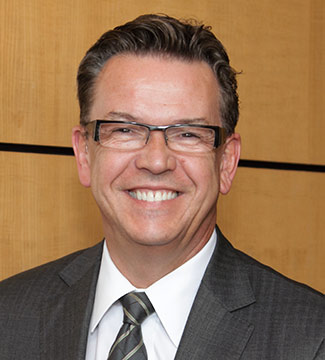
Gary Mangiofico
Beating COVID-19 in the Medical Field
To limit the spread of COVID-19, hospitals must rapidly respond, recover and reinvent. Hospitals across the nation have made operations changes to help protect medical staff and treat COVID patients. For example, many hospitals offer drive-thru testing facilities, temporary emergency rooms and are calling up retired doctors and medical students to step up and fight COVID-19. Dr. Mangiofico can describe the turbulent whirlwind hospitals face today and the steps to recovery over the weeks and months ahead.
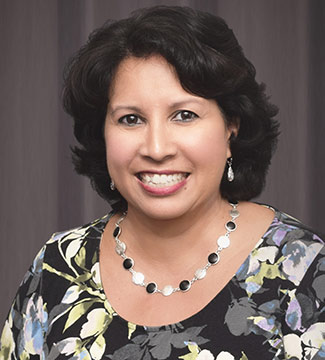
Charla Griffy-Brown
Cyber Security and Digital Innovation in a COVID-19 Era
Ready or not, the current COVID-era is thrusting the workplace into the digital world. Charla Griffy-Brown can share her expertise on telepresence, cybersecurity, data privacy, and how businesses are learning about new opportunities with digital innovation. Dr. Griffy Brown can describe how tech enterprises can take advantage of the pause in order to reset and come back strong. The workplace -- remote and digitally connected -- will never be the same.
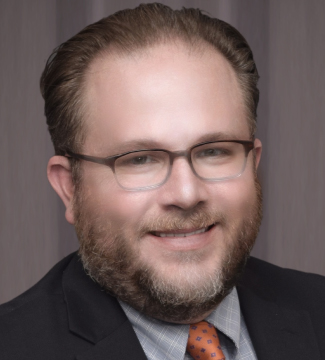
Dave Smith
Returning to Work After Sheltering-in-Place
The global pandemic is taking a toll on the world's economy affecting the livelihood of almost 2.7 billion people. The U.S. is witnessing the highest record of people filing claims for unemployment insurance. Yet gig jobs, online learning companies, grocery stores, and delivery services are scattering to hire hundreds of thousands of employees to meet consumer demand. Smith can speak to the return to the new definition of work and a return to full employment.
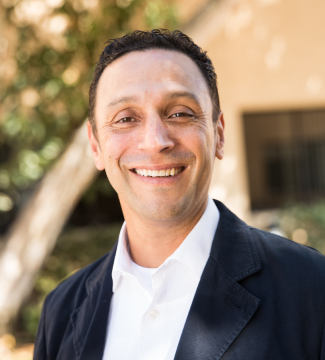
Nelson Granados
A Surge in Entertainment and Virtual Demand
Millions of people are confined to their house and binging on streaming video like never before. Many are flocking to online channels to socialize, streaming shows and movies and even participating in concerts in their living room. As governments enforce and extend lockdown provisions the world will see innovation in the media and entertainment industry. Dr. Granados can describe how consumers are indulging in online entertainment and how content creators plan to keep up.
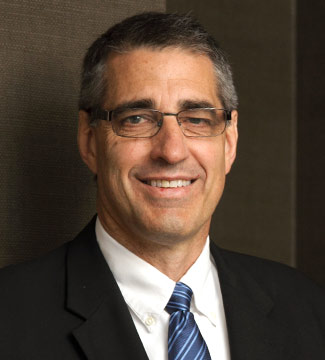
Larry Cox[BROKEN LINK]
Two Ingredients Can Drive Small Business In Recovery: Creativity and Problem Solving
Entrepreneurship drives growth and innovation. Post-pandemic, businesses will invest in creativity and, regardless of size, think like an entrepreneur. Causal decision-making is focused on reaching a particular goal from point A to point B. Dr. Cox can describe how entrepreneurial decision-making is more flexible and improvisational, where the goal often changes along the way.
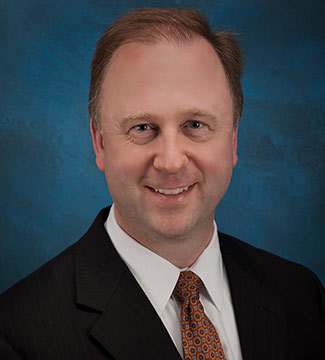
Craig Everett
Rescuing Small Businesses
Businesses and nonprofit organizations with fewer than 500 workers are eligible for aid. Large companies in specific industries are also eligible. Small businesses must know how to navigate these new waters to be successful in receiving aid and staying afloat during the virus-driven recession. Dr. Everett can describe the hidden risks and rewards from all manner of private capital -- from angel investing to private equity to bank lending.
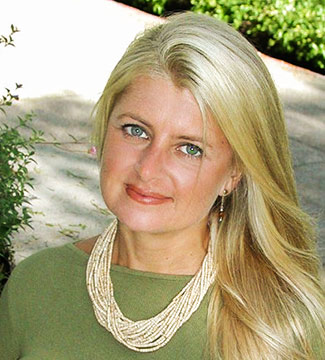
Cristina Gibson
Social Distancing: Preparing to Care
Social distancing is requiring us to suppress our profound desire to connect in person. Dr. Gibson argues that we need to adopt the mindset of “care in connecting” -- that we are all in this together -- to serve as an antidote to the emotional turbulence caused by extreme social distancing. Dr. Gibson says this change in mindset will increase our capacity for compassion in this time of increasing turmoil, which is desperately needed to ensure a successful recovery.
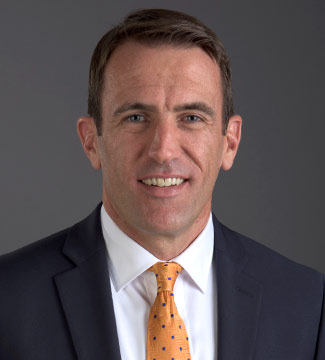
Kevin Groves
Succession Plans Will Aid Businesses Now and in the Future
In the COVID-era, many businesses are examining their workforce and determining where to curb costs. However, Dr. Groves warns not to cut too deep. Every organization should have succession plans in place in the event that an illness or family emergency takes a critical executive out of action. Dr. Groves can describe how businesses with succession plans can be better prepared to return from the recession and why businesses should create a succession plan for the future.
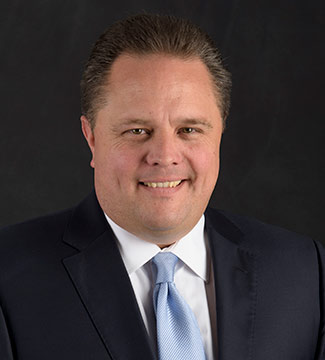
Sean Jasso
Reimagining the Economy and Global Supply Chains
The spread of COVID-19 around the globe has reduced demand in the world economy and significantly disrupted supply chains. After a record market bull run, the U.S. and global economy will enter a contraction period. Fiscal policies are presented and implemented to cushion the downward shock and set the economy for a quicker bounceback. Dr. Jasso can describe how businesses have begun to innovate, reimagine and reform their supply chains to be more diverse and nimble.
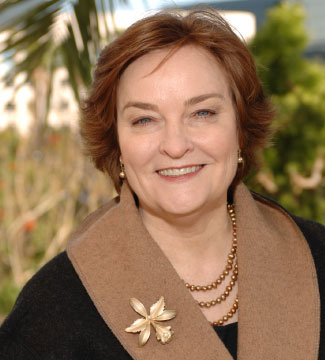
Miriam Lacey
Creating A Culture of High Hope Virtually
In times of uncertainty, employers can earn a reputation as a trusted partner or unreliable mercenary. Leaders must continually seek new and unique approaches that engender loyalty for the best and the brightest but maintain a focus on the bottom line. Dr. Miriam Lacey can share steps for how business leaders and human resource managers can take to establish a high hope environment.
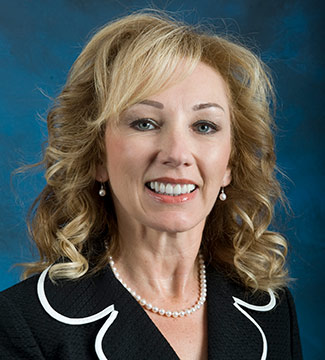
Bernice Ledbetter
The Birth of A Remote Workforce
Working from home can be challenging for employees who thrive in a collaborative environment as well as for managers who strive to keep their employees engaged. However, the abundance of technology has enabled a virtual connection and modernized the traditional view of office work. The benefits of a remote workforce are becoming evident - no commute time, more flexibility, and increased quality of life - and the ability for more employees to telecommute is one positive change that will result from the pandemic.

Bobbi Thomason
Structural Inequalities Highlighted by the Pandemic
Though COVID-19 knows no income, race or age, certain populations and professions are currently more likely to be not only losing their jobs but also losing their lives. While white-collar workers are telecommuting from second homes in remote areas, low-wage workers continue to be exposed to viruses at work in crowded urban areas - in grocery stores, factories, public transportation, and hospitals. Among dual-career families now working at home with schools and daycares closed, childcare and homeschooling are disproportionately falling on working mothers. The pandemic is exposing cracks in social, political and economic systems around the world that exacerbate existing gender and racial inequalities. These effects are likely to have long-term impacts. Dr. Bobbi Thomason can describe the differentiating impacts of COVID-19, as well as the long-term consequences in the U.S. and global employment market at large.
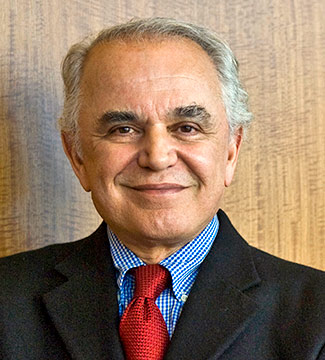
Kurt Motamedi
Smart Decisions Amid Uncertainty
Historically, many innovations are born from crises. Business leaders need to think big by asking: what does my client need in response during the pandemic? Dr. Motamedi can describe how leaders must keep fear in check, lead in ways that minimize the ongoing fall out and have a strong emotional connection with employees.
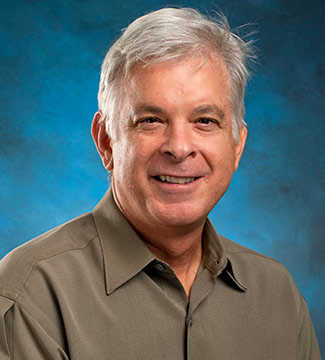
Stephen Rapier
Crisis Communications and Maintaining an Online Relationship With Clients
Many brands have turned off their marketing efforts during COVID19. However, this is the time when customers need to hear from you the most. Real-time communication is essential to many businesses during the outbreak. Dr. Rapier can describe how businesses can gain competitive market share by serving as the trusted source on matters related to their business.
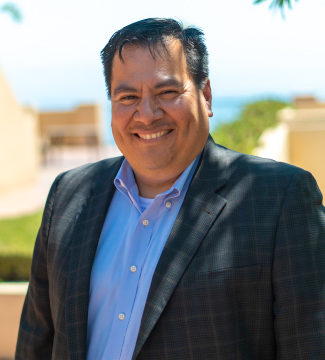
Jim Salas
Brands and Retailers Shifting to E-commerce
The pandemic has forced retail stores to close, creating an unprecedented disruption to commerce. Many retailers, especially storefront small businesses are taking a crash course in e-commerce and door-to-door delivery. Post-pandemic, consumers will emerge with new shopping behaviors and businesses will have to adapt again to the new norm. Jim Salas can describe how small businesses can emerge from the crisis with new capabilities delivering customized products into the hands of consumers.

John Scully
Balancing the Books During a Pandemic
The pandemic has forced many small businesses to choose between paying workers, rent or the bank. Recently the Federal Reserve announced they would back loans made by commercial banks to small businesses as part of the government's new $350 billion payroll lending program. Generally a good deal for businesses, Dr. Scully can describe the Paycheck Protection Program's onerous application requirements and how businesses should be aware of specific terms.
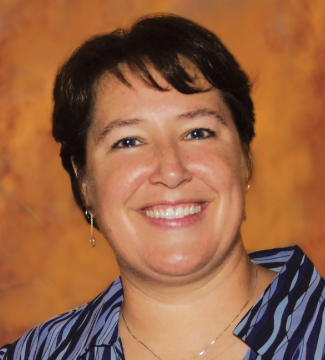
Shawn Andrews
Impacts of Gender on Leadership and Socialization Across Cultures
For leaders and teams that normally share an office, working remotely presents a host of new challenges. For many families, this means working from home while supervising children and becoming a part-time teacher. Depending on the household's culture and background, many of these responsibilities fall to the women of the house. Dr. Andrews can describe how professional women can become CEO of the home and assign responsibility to other family members (including dad) to ease the stress on everyone.

Chris Worley
Perfecting Agility
What is agility? It is a cultivated capacity that enables an organization to respond in a timely, effective and sustainable way when changing circumstances require it. Businesses quick to sense the threat and opportunities with the pandemic and respond now have a competitive advantage. Dr. Chris Worley can share with C-suite leaders how their businesses can adapt to changing environments, become resilient and successfully recover.
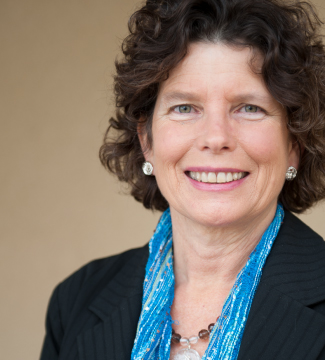
Terri Egan
Leadership During Uncertainty
The brain is wired to love similarity, stability, security, and novelty, but what can leaders do in a world full of volatile, uncertainty, and complex problems? Human emotions alert us to problems and opportunities. Leaders who are emotionally present, accept, and display emotions appropriately are seen as trustworthy and competent during times of change.
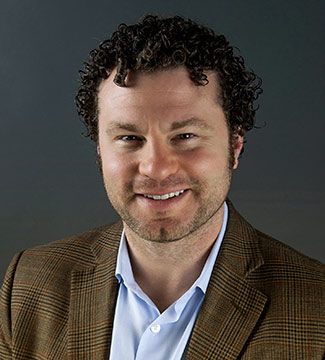
Darren Good
Practicing Mindfulness
Mindfulness affects human functioning primarily through attention, which then alters other domains of basic functioning. Mindfulness has been shown to improve the three qualities of attention—stability, control, and efficiency. Mindfulness can support attentional stability. The human mind is estimated to wander roughly half of our waking hours, but mindfulness can stabilize attention in the present. Dr. Darren Good can describe how business leaders and employees can train their brains to be mindful and improve productivity and efficiency.
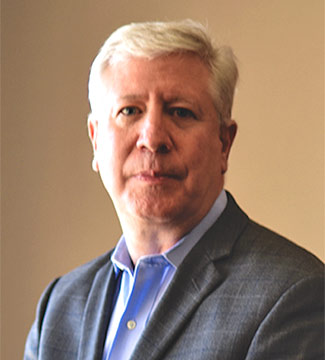
Mark Allen
Perfecting Performance Management
Performance management and professional development isn't only possible during the crisis, it's absolutely necessary. Dr. Mark Allen says while execution will require some thought and effort, the recipe is pretty simple. Managers should think of what their employees' developmental goals are, then create a three-dimensional portfolio and plan that includes experiential learning, learning from others, and professional insights.
Boilerplate
About Pepperdine University Graziadio Business School
For more than 50 years, the Pepperdine Graziadio Business School has challenged individuals to think boldly and drive meaningful change within their industries and communities. Dedicated to developing purpose-driven leaders, the Graziadio School offers a comprehensive range of MBA, MS, executive, and doctoral degree programs grounded in integrity, innovation, and entrepreneurship. The Graziadio School advances experiential learning through small classes with distinguished faculty that stimulate critical thinking and meaningful connection, inspiring students and working professionals to realize their greatest potential as values-centered leaders. Follow Pepperdine Graziadio on Facebook, Twitter, Instagram, LinkedIn, and Youtube.
Dean of Pepperdine Graziadio Business School
David Smith is the interim dean of Pepperdine Graziadio Business School, having served as Graziadio’s 8th dean in 2015. Working over 20 years with Pepperdine, Dr. Smith has held multiple leadership roles within higher education as well as in the economic field as an experienced manager and consultant. Along with providing his expertise in numerous articles, Dr. Smith currently serves as a peer reviewer and mentor on the Association to Advance Collegiate Schools of Business. Dr. Smith holds a bachelor's degree from Wheaton College in Illinois, and master's and doctoral degrees in economics from Michigan State University.
Contact Us
Pepperdine Graziadio Business School
Hillary Doran
Director of Marketing